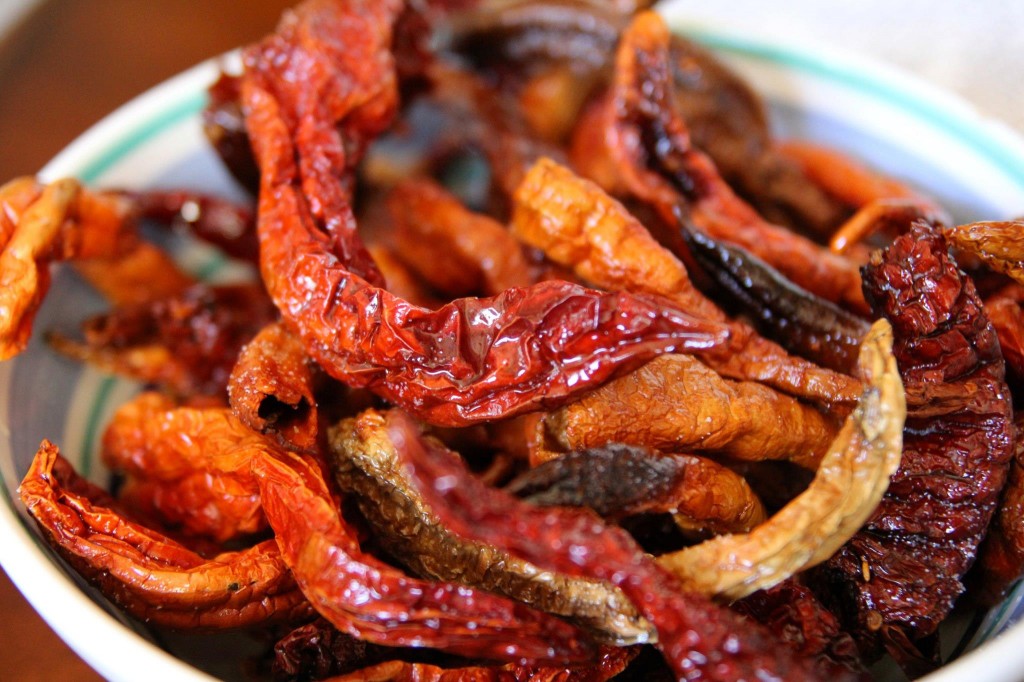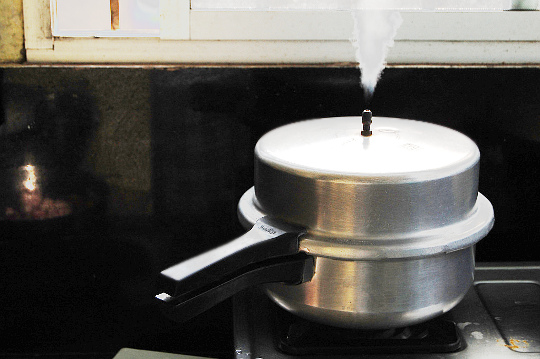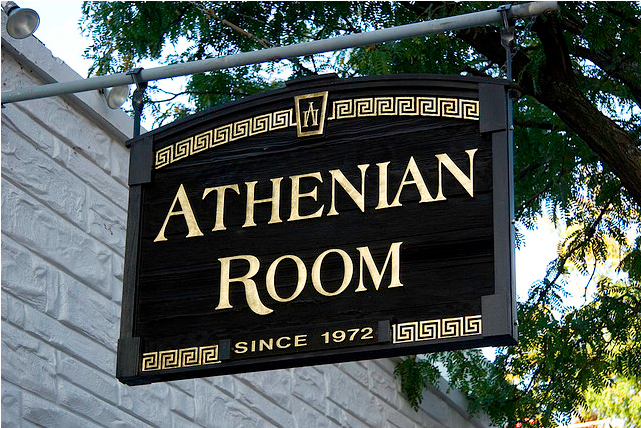by Gloria Panzera

Every week, when I lived in Boca Raton, Florida, I would go to the local farmer’s market to get tomatoes, apples, and a melon. Sometimes I splurge and buy a pineapple or strawberries. It’s my time to plan my meals for the week and to mingle with the vegetables. Some people exercise. I cook.
During one of my visits, as I pushed my shopping cart, I ended up in the herbs, spices, and roots aisle. I was about to take a jalapeño when I saw it there, the glorious, red, and wrinkled hot pepper. The chornicchio, or as some call them, peperoncinos.
It brought to mind my childhood, the six months of the year when Papa Nonno and Nonna Rita would live with my family in Florida and the summers I’d spent with them in Montreal. I remembered how Nonno would hang the peppers to dry on the patio and then fry them up, and they were so spicy.
I remember my introduction to the pepper. My family and I had been visiting my Nonno and Nonna in Montreal. My youngest sister hadn’t been born yet, so I couldn’t have been more than eight. The retro orange and green 1970’s tile, the tall, wood chairs, and the crocheted tablecloth covered in plastic and then covered again with an old tablecloth that probably came with them from Italy. I remember being able to feel the bumps of the crocheted tablecloth through both the plastic and linen. The smell of my grandmother’s homemade sausage wafted through the house. At the table was a large pan with oil and fried peppers. My parents, younger sister, and grandparents sat at the plastic covered table ready for lunch. I reached for a pepper and stopped.
“Gloria, those are hot peppers,” my mother warned me.
“No. No. They’re fine,” my dad assured her.
So I took one, the deepest reddest one. It was gorgeous, the salt sparkling and the oil dripped off of it leaving a glorious sheen. Biting into it, I knew–I knew my father was a cruel, evil man who wished to inflict pain on his daughter. I pushed my chair back and flayed my hands.
“Oh my God, Phil! I told you they were hot,” my mother chided.
Now my taste for spicy food is insatiable, despite my traumatic introduction. I relish in the sizzle lingering around my lips. I enjoy the flush that reaches my cheeks.
I added two chornicchio to my basket.
I tried to decide how I’d cook them. I’d fry them, cover them in salt and dip some bread in the oil when I was finished, just as I had seen Nonno do time and again.
I heated the olive oil in the frying pan. Once the oil was hot, I placed the peppers into the oil, generously salting them. I put the lid on the pan to steam the peppers as well. They would be soft on the inside and crisp and salty on the outside. A delightful combination. As the fragrant smell of the olive oil, chornicchios, and salt filled the kitchen, I stood there thinking of Papa Nonno realizing how much I missed him.
Gloria Panzera is an English teacher living in Charlotte, North Carolina. Her writing has appeared in Chicken Soup for the Soul: NASCAR and Chicken Soup for the Soul: Campus Chronicles.



